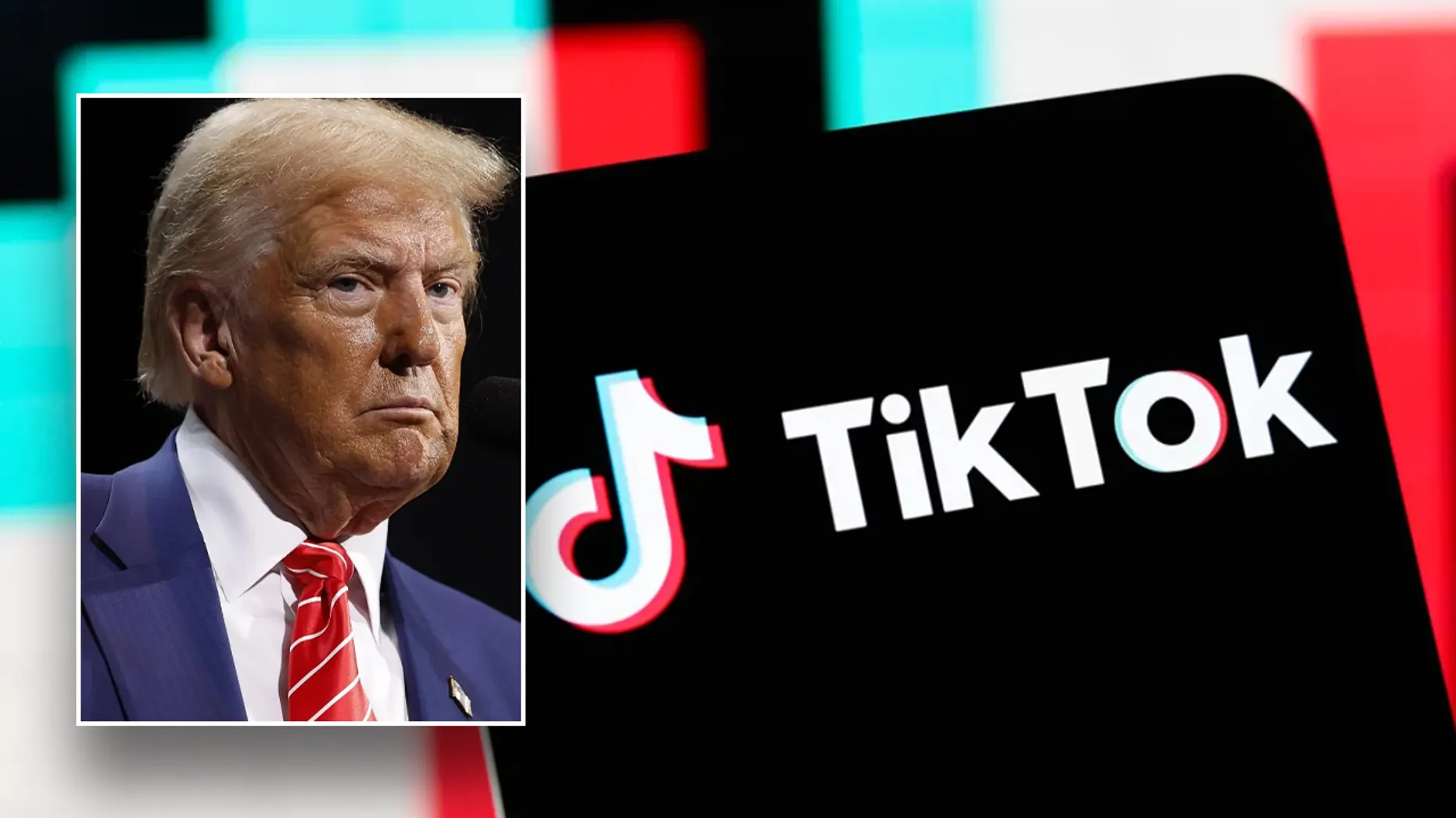🍔Quick Bite: The US has officially banned TikTok, citing national security concerns over its Chinese ownership and potential data risks. The app, along with ByteDance’s other tools like CapCut, was removed from app stores, with steep fines for non-compliance.
While President-elect Trump is willing to offer a solution to still remain in the US, the future remains uncertain due to challenges like China’s restrictions on algorithm exports.
🧠 The Breakdown
For the first time in internet history, the US government has imposed an official ban on a major global social media platform, placing TikTok—home to over 170 million US users, in an unprecedented blackout.
The ban, which went into effect late Saturday night, comes as the culmination of years-long efforts to force TikTok’s parent company, ByteDance, to sell its US operations or face outright removal from American app stores.
At 10:30 pm Eastern Time on Saturday (3:30 am GMT on Sunday), TikTok users attempting to open the app were greeted with an unsettling message: “Sorry, TikTok isn’t available right now.” Shortly after, the app was removed from the Apple App Store and Google Play. The law mandated hefty fines of $5,000 per US user for platforms that failed to comply. ByteDance’s popular editing apps, like CapCut and Lemon8, also disappeared from app stores.
The legislation, which President Biden signed into law last April, is motivated by national security concerns. US officials allege that ByteDance’s ties to the Chinese government could allow the Chinese to access sensitive data from millions of Americans.
Despite appeals from TikTok and its users, including arguments based on First Amendment rights, the US Supreme Court upheld the law just two days before the ban.
This isn’t TikTok’s first ban. India blocked the app four years ago. Other countries, including Senegal, Nepal, and Iran, have also banned the platform.
A glimmer of hope?
As TikTok’s fate appeared sealed, an unlikely lifeline emerged. President-elect Donald Trump, who had initially championed banning TikTok during his first term, has signalled a willingness to negotiate.
TikTok started restoring its services on Sunday after President-elect Donald Trump announced plans to reinstate the app’s access in the US once he takes office on Monday.
“Frankly, we have no choice. We have to save it,” Trump declared during a Sunday rally ahead of his inauguration, hinting at a potential joint venture to bring back the popular short-video app.
In a message shared with users shortly before the rally, TikTok stated: “Thanks to President Trump’s efforts, TikTok is back in the US.”
Even if the extension is granted, it’s uncertain what kind of deal TikTok might strike to stay operational in the US. According to CNBC, Perplexity AI has reportedly submitted a bid to merge with TikTok’s U.S. operations. Meanwhile, others, like Shark Tank investor Kevin O’Leary, have also made proposals or shown interest in acquiring the platform.
TikTok’s CEO, Shou Zi Chew, has shown optimism about the platform’s future. According to reports, he will attend Trump’s inauguration today. In a TikTok video, Chew thanked Trump for his commitment to finding a resolution. ByteDance, however, faces a major hurdle: selling TikTok would require sharing its algorithm, a key asset that Chinese law restricts from export.
Beneficiaries of the ban
RedNote, a Chinese social media app, saw US downloads skyrocket by over 200% in the past week. However, RedNote’s rise poses challenges—it must quickly adapt to US content moderation norms while trying to capture a fraction of TikTok’s advertising dollars.
Instagram is also rolling out updates to Reels, including three-minute videos and a rectangular profile grid, aiming to boost engagement and make it easier to discover and discuss content, which some might argue is to make the app more enticing to TikTok users.
The future of social media
The ban raises tough questions about censorship and the growing role of governments in regulating digital platforms. It also sets a precedent for how far authorities can go to control tech companies. In Kenya, for instance, regulators recently mandated that all social media platforms establish physical offices within the country, citing improved accountability as the goal.
As digital platforms continue to expand their influence, these developments hint at a future where governments worldwide might impose stricter rules, reshaping how social media operates and how users interact online. Whether these measures improve accountability or stifle innovation remains to be seen.
For now, the world is watching as President-elect Trump follows through on his promise to offer TikTok a reprieve, potentially saving the app from what seemed like an end to its meteoric rise in the US.
📈 Trending Stories
Here are other important stories in the media:
- How seven tech startups are really solving Africa’s socio-economic challenges.
- NCC orders telcos to disconnect USSD codes of 9 defaulting banks by January 27.
- AWS now accepts payments in Naira, easing cloud access for Nigerian businesses.
💼 Opportunities
We carefully curate open opportunities in Product & Design, Data & Engineering, and Admin & Growth every week.
Product & Design
- Lendsqr — Visual Designer, Remote
- Revwit — Senior Product Manager, Remote
- Mono — Product Designer, Lagos
- Fincra — Product Associate, Remote
Data & Engineering
- Yassir — Backend Software Engineer, Remote
- Mono — DevOps Engineer, Lagos
Admin & Growth
- Glovo — Growth & Marketing Lead, Lagos
- TechCabal — Social Media Associate, Remote
- Risevest — Head of Growth, Lagos
Get passive updates on African tech & startups
View and choose the stories to interact with on our WhatsApp Channel
Explore




